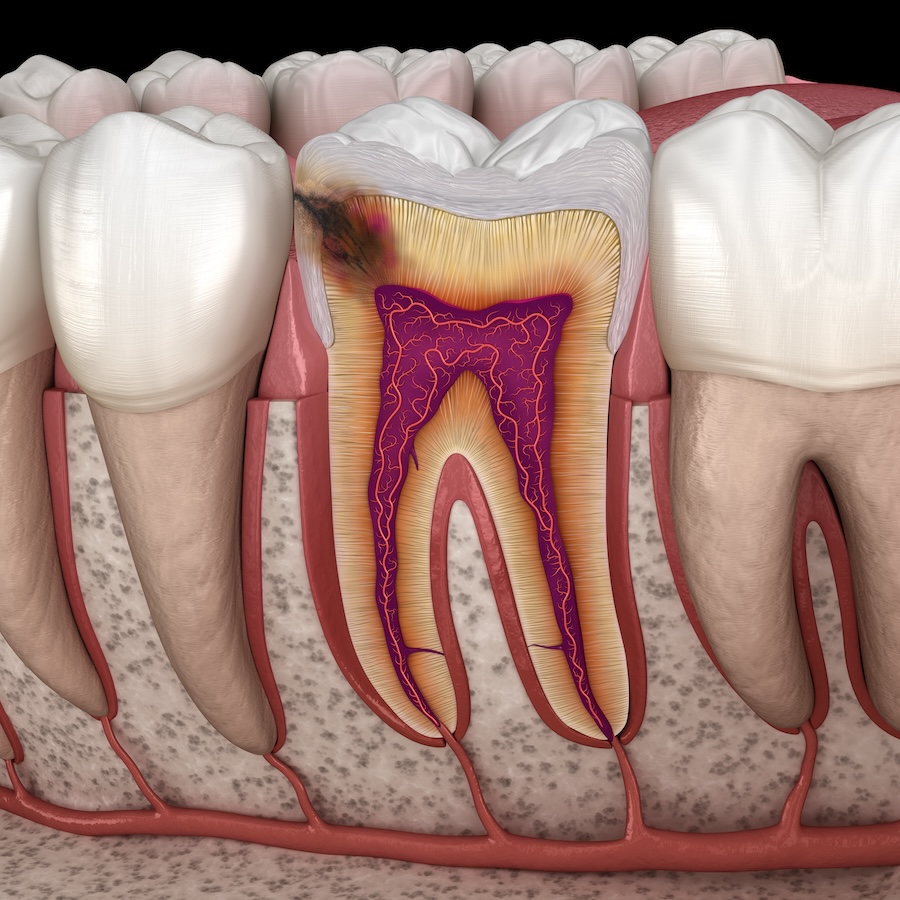
Cavities can sneak up on us if we’re not vigilant about our oral hygiene. But have you ever wondered just how quickly a cavity can progress from a minor issue to something more serious? Let’s break down the timeline of cavity progression and what you can do to prevent it.
Initial Stage: Demineralization
It all starts with demineralization, where acids produced by bacteria in plaque begin to soften and weaken the enamel—the hard outer layer of your teeth. This process can take several months to a few years, depending on factors like your oral hygiene habits, diet, and genetic predisposition.
During this stage, you may not notice any symptoms because the cavity is still forming beneath the surface of the enamel. This is why regular dental check-ups are crucial; dentists can spot early signs of demineralization before it progresses further.
Advancement to Decay
If demineralization continues unchecked, the enamel eventually breaks down, leading to the formation of a cavity. Once a cavity penetrates the enamel and reaches the dentin (the softer layer beneath the enamel), the decay accelerates. This stage can progress more rapidly, often within months.
At this point, you might start experiencing symptoms such as sensitivity to hot, cold, or very sweet foods and drinks. The affected tooth may also develop a visible dark spot or hole.
Spreading to the Pulp
If left untreated, the decay can advance even further, reaching the innermost part of the tooth called the pulp. The pulp contains nerves and blood vessels, and when it becomes infected or inflamed due to the cavity, you may experience intense pain and sensitivity. Treatment at this point may require a root canal and crown. This stage can progress within weeks to months, depending on the individual.
Cavity Prevention and Treatment in Westerville, OH
The good news is that cavity progression is largely preventable with good oral hygiene habits. Brushing your teeth at least twice a day with fluoride toothpaste, flossing daily, and visiting your dentist regularly for check-ups and cleanings can significantly reduce your risk of developing cavities.
If a cavity is detected early, it can often be treated with a simple filling. However, more advanced cavities may require a root canal or even extraction if the damage is severe.
In conclusion, the speed at which a cavity progresses varies widely depending on individual factors and how well you take care of your teeth. By staying proactive about your oral health and addressing any signs of trouble early on, you can prevent cavities from becoming a serious dental issue.
Worried you have a cavity or just need a routine check-up? Please reach out to our friendly team at Abidin and Cao DDS to schedule an appointment! Remember, prevention is key to maintaining a healthy smile for years to come!
